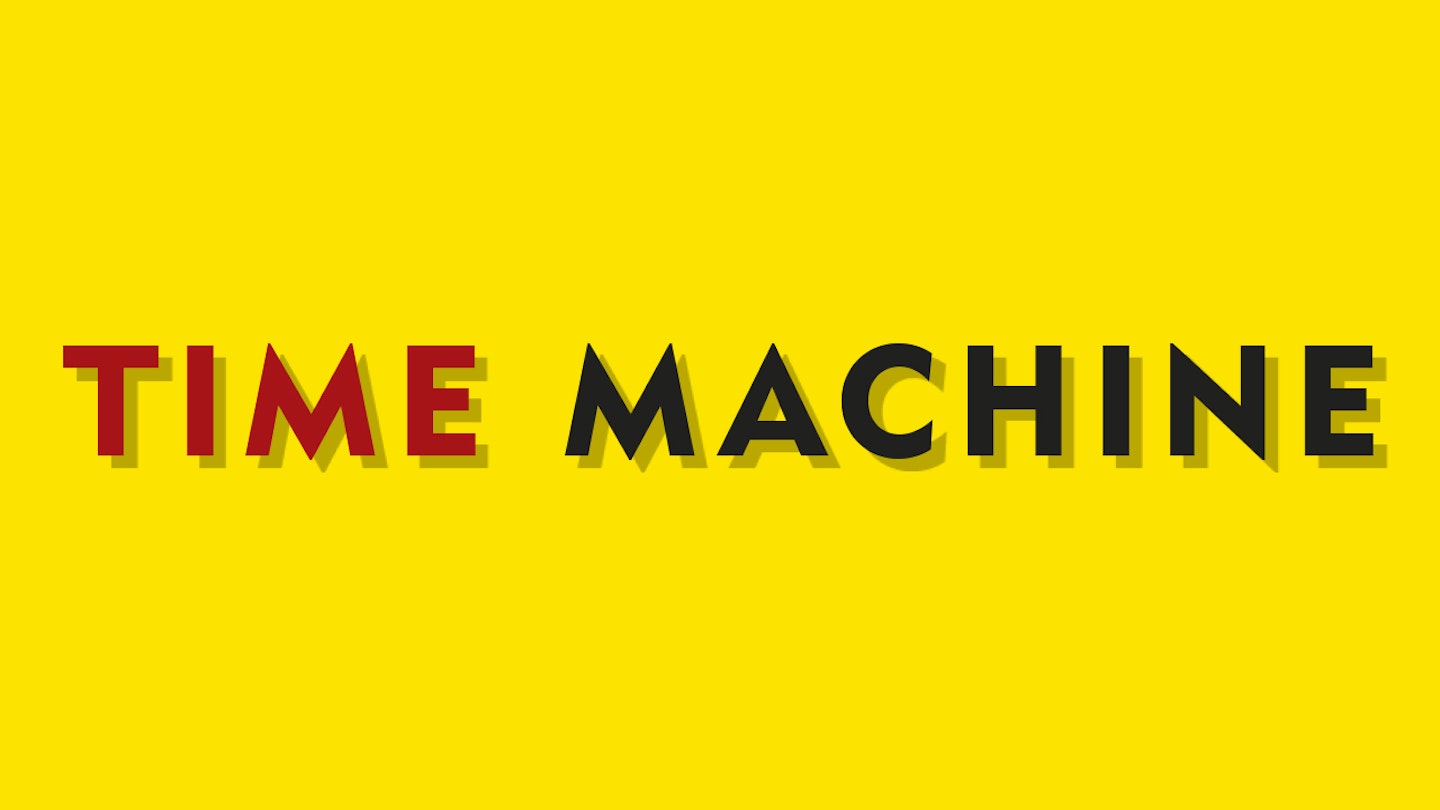13 February, 1981
This will be the year of the personalised cassette player with the new headphone systems,” predicted Monty Presky, head honcho at record and tape manufacturing company Damont, as February got underway and the impact made by Sony’s Walkman player seemed to infiltrate every corner of musicdom.
Not that the chain of events that month pleased the BPI, the record industry’s guardian of all things profit-making. The organisation protested long and loud about the legality of the home taping of albums, yet Island Records’ Chris Blackwell opted to inflame the situation with the February 13 introduction of One Plus One cassettes, a tape that provided a full album of music on one side, leaving the other blank for recording purposes.
"People are home taping and that’s a dam into which no finger will stem the tide."
The first tape in the series was Steve Winwood’s Arc Of A Diver, with others by Bob Marley, Cat Stevens, J.J.Cale and Robert Palmer also on Island’s schedule of releases. At the same time, BASF Tapes, marketing
a new, high-quality cassette, sought to promote how sonically good for recording their product was by linking with Island to mount a competition, the winner of which would be awarded a holiday for two in Nassau. Former Island publicist Neil Storey recalls: “There was huge furore when the series was launched – the BPI got very sniffy indeed. It was, as far as I remember, Chris Blackwell’s own idea originally, his take being that people are home taping and that’s a dam into which no finger will stem the tide – so why don’t we offer our own albums on one side and a blank side on the other? Which seemed entirely logical.”
It wasn’t the first time that the practice had raised the ire of the BPI, who’d started a campaign with the slogan, Home Taping Is Killing Music (And It’s Illegal). Malcolm McLaren had persuaded EMI to release Bow Wow Wow’s C30, C60, C90, Go! on a one-sided cassette single during 1980, leaving the reverse blank for buyers to add their own parlour-taped recordings. According to McLaren, BPI took EMI to task over the release and the tape was quickly withdrawn, leaving Bow Wow Wow to bust up the office of EMI’s managing director, Cliff Busby, in retribution. February also saw McLaren under a legal threat from French songwriters Stephane Pietri and Pierre Grillet, who claimed to be unhappy regarding Bow Wow Wow’s Your Cassette Pet release, which, they maintained, featured two songs, Louis Quatorze and Sexy Eiffel Towers, they’d co-written with McLaren in 1979 for a “rock’n’roll costumer musical”, though the businessman had failed to credit them with their contributions.
Things were happier over at the Rough Trade label HQ, where a deal had been done with the NME to provide a promotional cassette, C81, containing 24 tracks by some of the UK’s foremost independent bands, from Aztec Camera through to Wah! Heat and Robert Wyatt.
Journalist Roy Carr, who compiled the tape alongside Rough Trade’s Christopher Rose, recalls: “To obtain a copy, NME readers had to collect two coupons from the magazine and send off £1.50. It sold in excess of 25,000 copies, which the industry regards as being the biggest-ever mail order-only cassette to date.”
Meanwhile, the BPI found itself battling on more than one front. As an attempt was made to seek a compensatory tax on blank tapes, further problems arose when, on February 21, it was reported that a High Court action against Lancashire- based Ames Records & Tapes shops had flopped. The shops had been hiring out albums for 50p and, at the same time, selling tapes with which to allegedly copy the hired recordings. But the judge came down firmly on the side of Ames, delivering a verdict that the defendants “in no way sanctioned or encouraged home tapings from albums hired out by the shop”.
"I only like cassettes."
Thurston Moore
At the same time, a concerted effort to kill off Island’s One Plus One was made with the BPI’s attempt to gain the support of Virgin and EMI, the companies who sold and distributed Island’s tapes. But the flow was never stemmed and cassettes continued to flourish, with Bruce Springsteen even piecing together his Nebraska album entirely on a cassette machine and devotee Thurston Moore later proclaiming, “I only like cassettes.” And so taping continued.
In October 2011, when, due to the digital influx, the Oxford English Dictionary cut the term “cassette tape” many thought the tape would be consigned to the trash bin of history. Yet today, they’re having a new resurgence with artist such as Billie Eilish and Taylor Swift issuing albums on the retro-styled, and instantly Instagramable, format.
